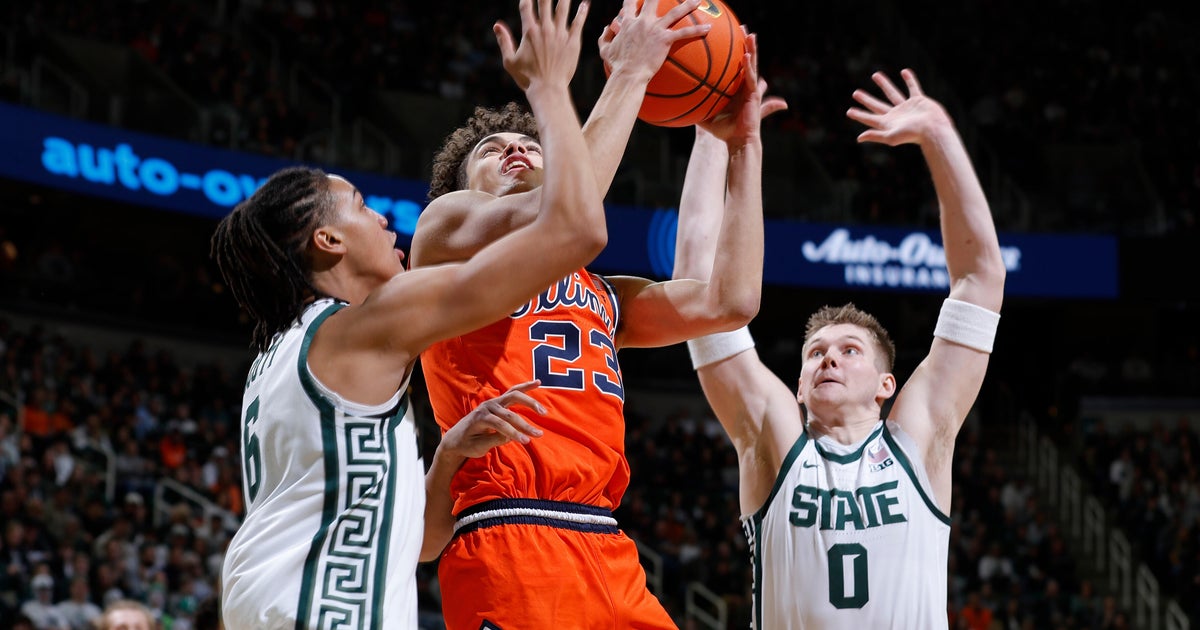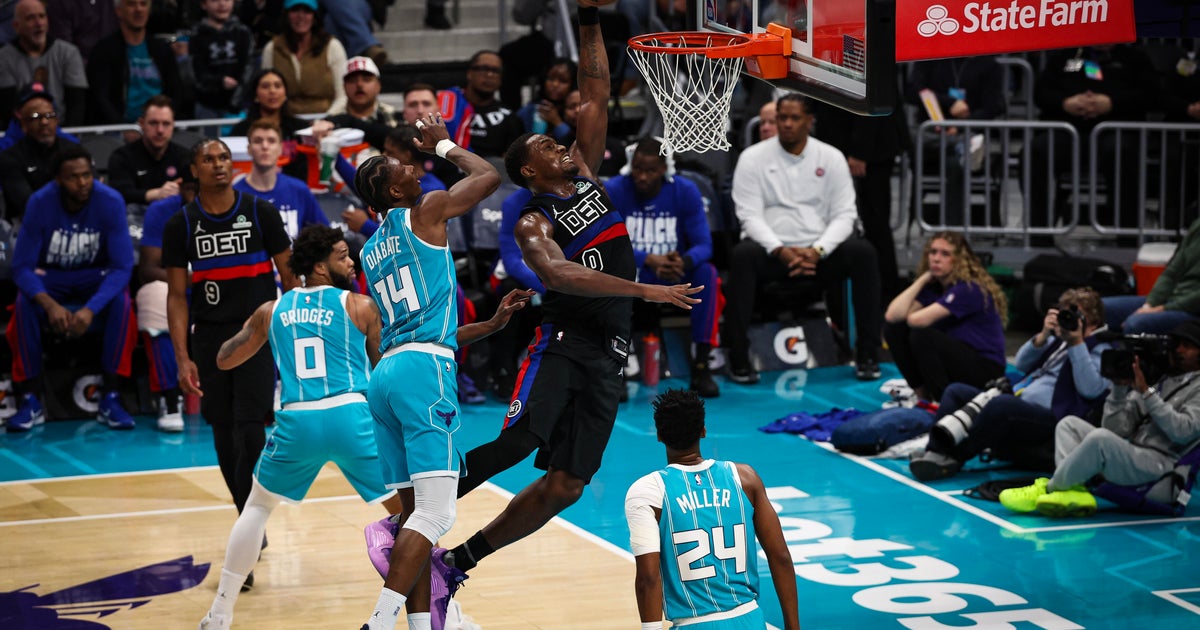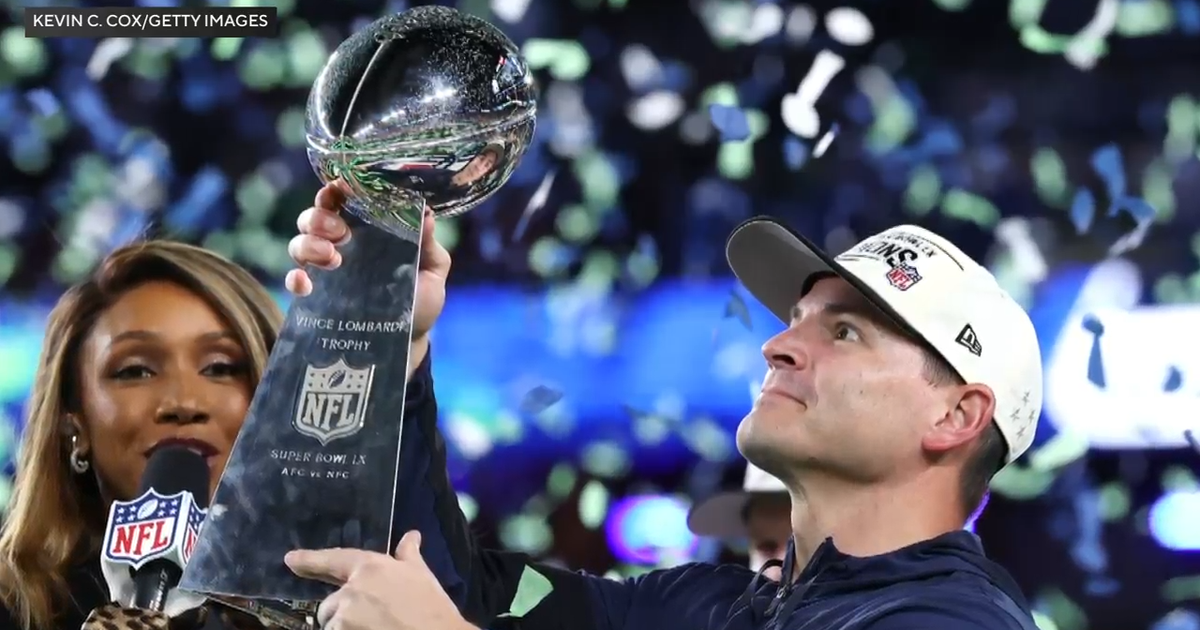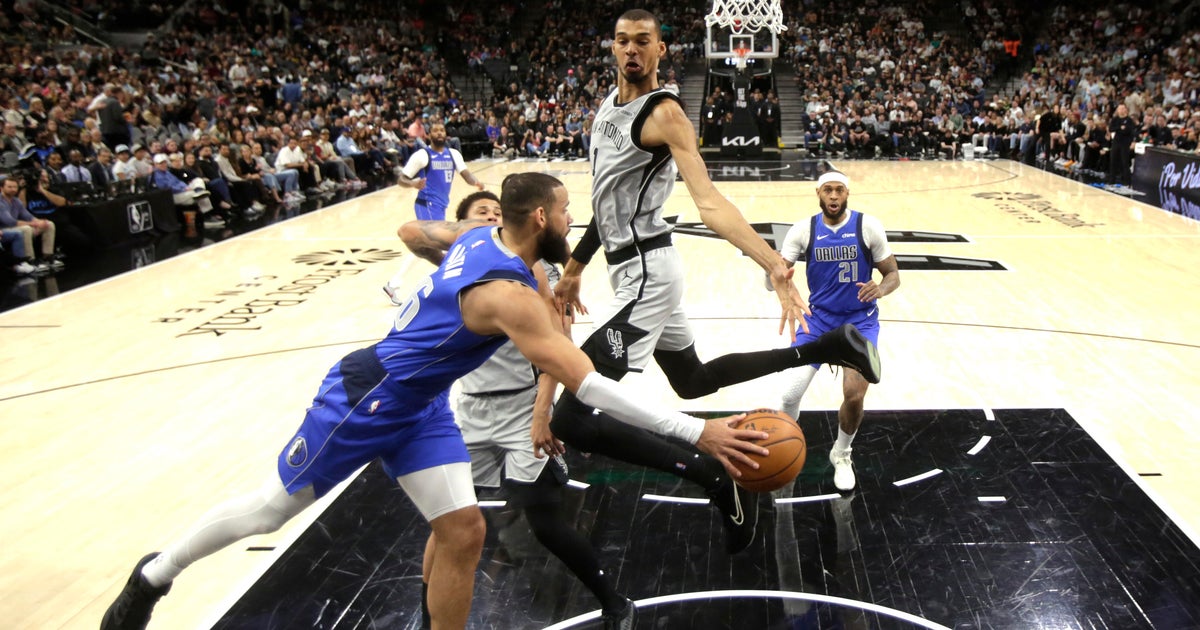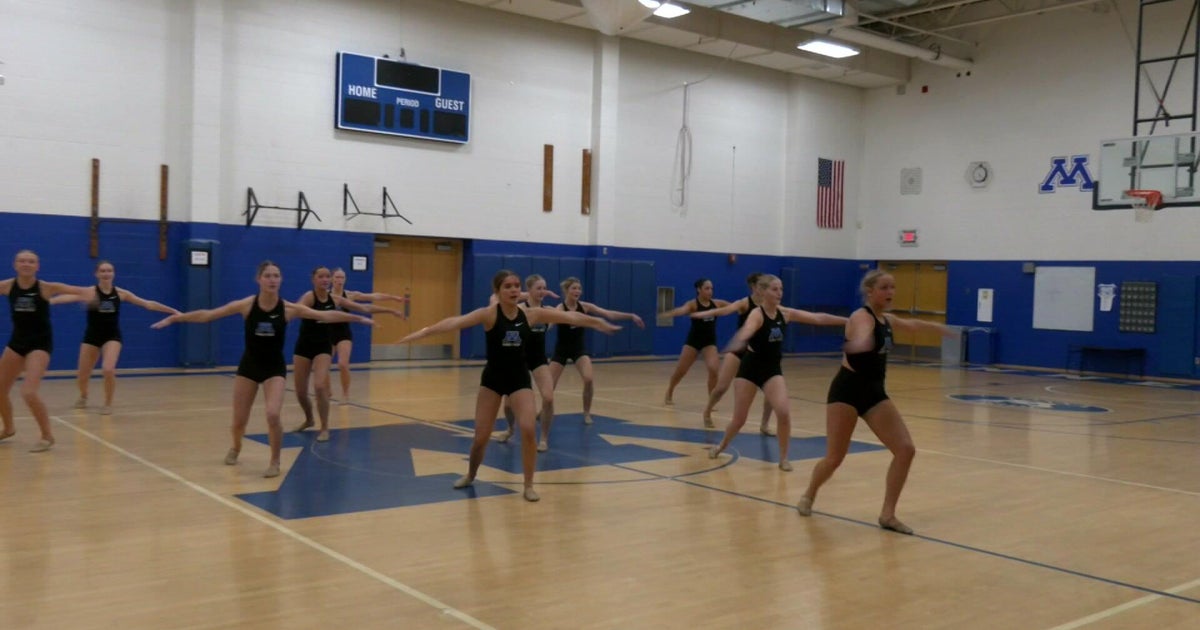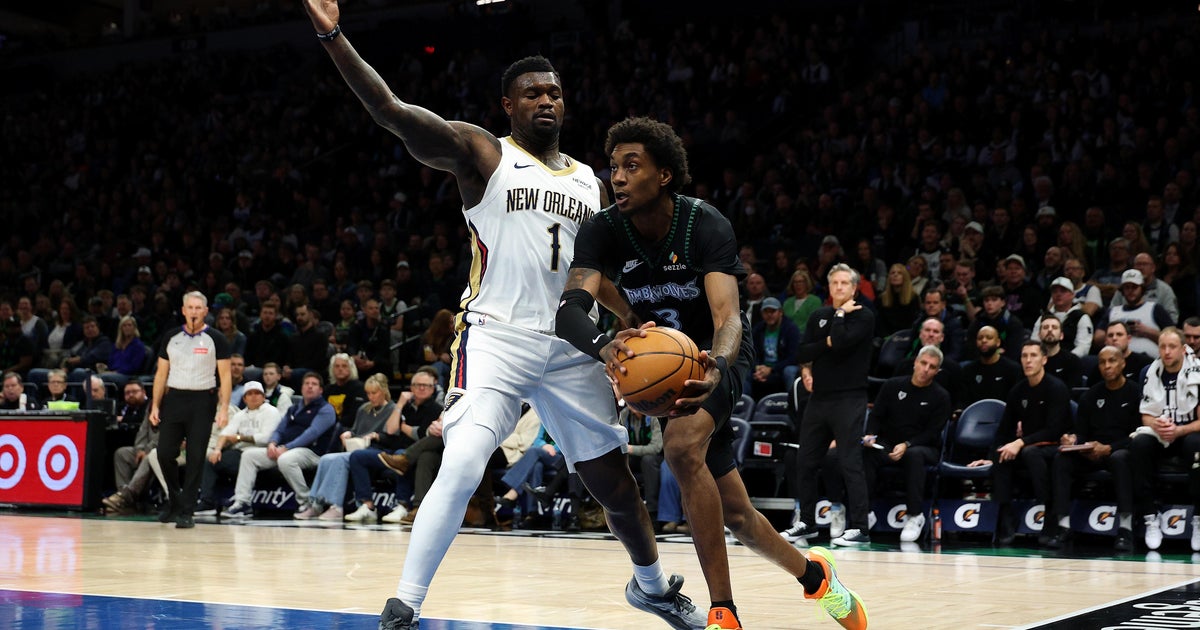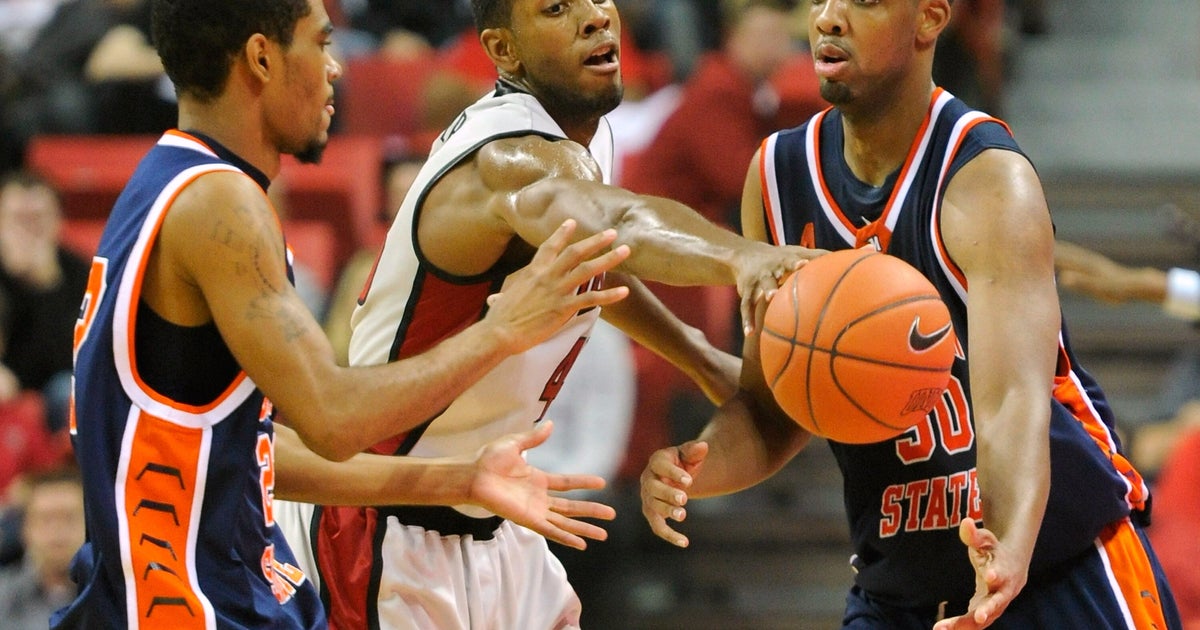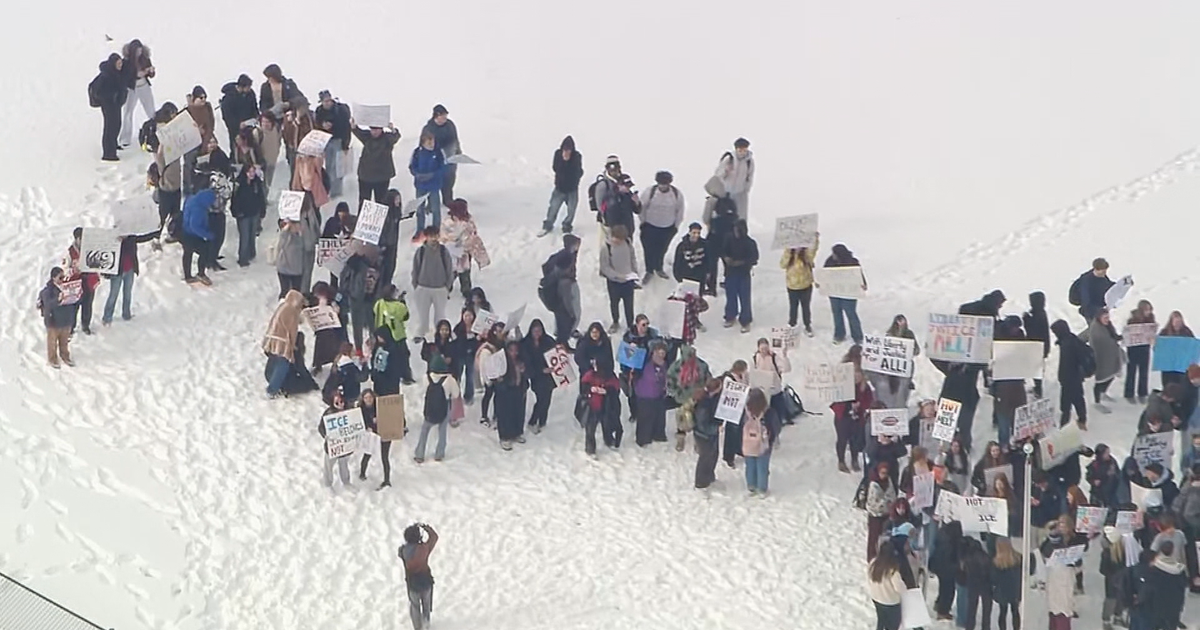Coaches Program Could Clean Up Summer Basketball
INDIANAPOLIS (AP) — Len Elmore thinks there can be better summer basketball — without adding a single rule to the NCAA's massive manual.
He's ready to prove it.
On Monday, IHoops, the basketball consortium Elmore leads, will reveal a new online coaches' education program that encourages teaching fundamentals instead of showcasing top players. All coaches competing at AAU's national championship level will be required to complete the course.
Elmore believes the philosophical change will help players develop more skills and it could create a cleaner summer atmosphere, too.
"We're trying to bring some moral authority to the game and put more focus on positive things," Elmore told The Associated Press before the announcement was made. "We hope that will bring out some right-thinking people and help them to control that environment."
Summer basketball has been a major topic for the NCAA over the past year. Last October, the governing body's board of directors delayed voting on a proposal that would have banned all summer recruiting, deciding instead to conduct a one-year study on the issue.
The NCAA's board is scheduled to reconvene next Thursday in Indianapolis.
Critics contend the biggest problem is third-party influence over recruits, and there have even been some cases in which coaches were accused of acting improperly.
But iHoops, which is backed by the NCAA, NBA, National Federation of High Schools, USA Basketball and the AAU, has spent nearly 12 months devising a plan to help change the perception. Elmore has put together a prime-time lineup to make the case.
Six national championship-winning coaches — Tom Izzo, Mike Krzyzewski, Bill Self, Tubby Smith, Gary Williams and Roy Williams — made instructional videos that will be posted on the group's website. Boston Celtics coach Doc Rivers, Indiana Fever coach Lin Dunn, former All-American Anne Donovan and college basketball analyst Clark Kellogg also appear in videos.
Instructors discuss topics ranging from drills to communication skills. But the overall message that Elmore, also a television commentator, wants to send is that players 19 and younger should practice more.
"Most kids are playing three or four games a week without ever practicing, and in the summer, they're trying to play as many games as possible," said Tim Flannery, director of coach education at the Indianapolis-based NFHS. "So is it about practice or showcasing kids to make it to the next level? That's the concern."
Elmore believes if the emphasis is on fundamental basketball, players will improve and the tawdry sideshows will take a backseat.
While most agree that youth programs do have some "bad apples" in the coaching ranks, James Parker, the AAU's director of sports, said the vast majority who work in his organization follow the rules. Previous coaches, Parker said, have included Pat Summit and Geno Auriemma.
"I think a lot of things you hear about in the media are misconstrued because the focus is really on five or 10 players," Parker said. "We do our best to do background screens and to educate parents on making the right decision about who you want your child to play for. It's on them (the families) to do the research, just like they should do with a college or university."
Parker said AAU has conducted its own coaches' education program, but acknowledges this will be different.
Parents also will have online access to information about college eligibility rules and recruiting information.
"Educating coaches and those who work directly with youth in basketball offers a great opportunity to deliver messages to youth about the importance of education and the benefits that can come from organized competition in summer competition, high school and college," said iHoops board member Greg Shaheen, the NCAA's interim executive vice president of championships and alliances. "It also offers the opportunity to better train the myriad of adults who now work with young players to influence athletic skill development, behavior and education."
Though iHoops cannot enforce existing NCAA rules or propose new ones, Elmore will rely on the power of better basketball to make things work.
Everyone has a stake in the program.
College coaches might face fewer NCAA headaches with summer recruiting. Better coached players could make a more immediate impact on the college and international circuits. High school and youth coaches can implement techniques, strategy and motivational tools used by the nation's best coaches, and program grads will be listed on the national iHoops coaches' database. And, who knows, the NCAA just might get cleaner summer basketball.
"We are trying to make this an environment where kids get the maximum benefit out of it and they get coaches who are dedicated to teach the game. We don't want coaches to exploit kids and use the kids for their own benefit," Elmore said. "But if you don't have mastery of the fundamentals, you (a coach) can't say you're doing the job you're supposed to do."
___(equals)
On the web: www.iHoops.com
Copyright 2011 The Associated Press.
